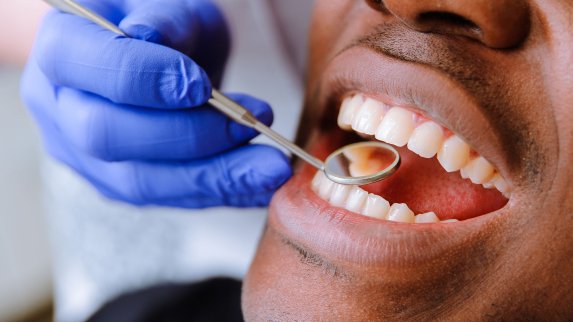A patient dozes off in a dental chair despite the anxiety of an impending procedure. A seemingly unremarkable act, but — for dentists versed in the latest sleep research — this red flag hints at a life-threatening condition. In a research review published in the Journal of the American Dental Association, Rutgers Health researchers identified dentists as an unexpected player in the battle against life-threatening sleep disorders.
The review suggests dental professionals have unique opportunities to screen for conditions such as obstructive sleep apnea, a disorder that affects millions of Americans and is linked to serious health risks, including cardiovascular disease and neurodegeneration. It also challenges dentists to look beyond teeth and gums to the broader landscape of patient health.
“We have a great opportunity to change lives for the better,” said Davis Thomas, a clinical associate professor at the Rutgers School of Dental Medicine and senior author of the review. “Dentists can be the first line of defense in identifying sleep disorders. They often see symptoms long before physicians. Indicators like tooth grinding, tongue scalloping or even a patient dozing off in the chair can be early signs that something more is going on.” Sleep disorders such as obstructive sleep apnea affect more than half of Americans at some point in their lives. Many cases go undiagnosed, but dentists can play an important role in reducing those numbers. To read the full story.

